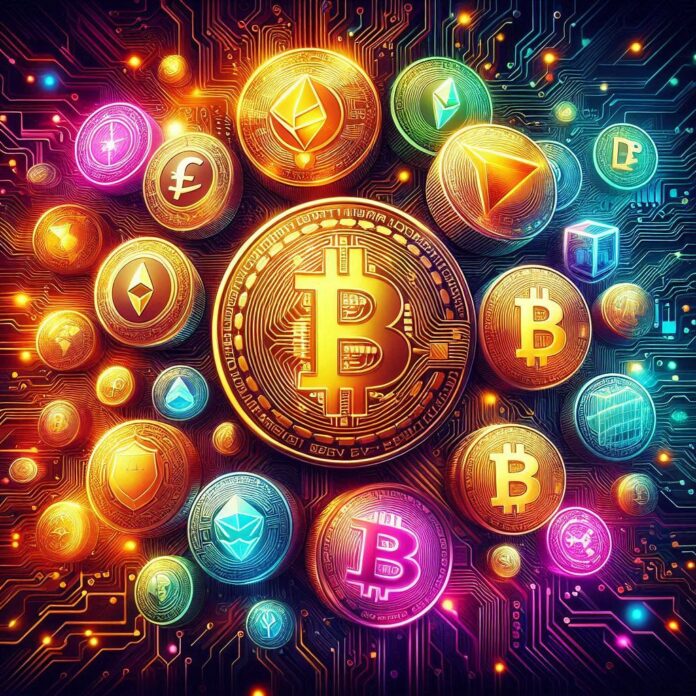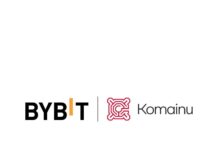
The blockchain technology is to be transferred to the electricity market for the first time – with enormous consequences for utilities and consumers.
It has been a long time since research and experimentation has taken place. But now in Germany for the first time a greater use of the new technology is being introduced. The transmission network operator Tennet has concluded a partnership with the innovative solar and electricity storage company Sonnen GmbH from Wildpoldsried in the Oberallgäu. The aim of the cooperation is to compensate the weather-induced wind and solar power from the weather in such a way that the grid remains stable and the power supply remains safe.
Because in North Germany large amounts of wind power are generated, which can not be transported to the consumers to southern Germany due to line bottlenecks, Tennet must often intervene in the operation of power plants. In such cases, the network center has to switch off power stations or wind parks in North Germany so that the lines are not overloaded. At the same time, power plants are driven up in the south. “Redispatch” describes such emergency and costly interventions in the market in the industry.
Now Tennet wants to solve the problem differently: In a pilot procedure for the first time the domestic solar power batteries of more than 6000 customers of Sonnen GmbH for the Redispatch with each other. As a result, some of the north German wind power surpluses can be parked in private solar storage. At the same time, for the purpose of grid stabilization, energy quantities from sun storage facilities in southern Germany can also be deducted. Customers who make their solar storage available to this “cloud” will be rewarded by Sonnen with free electricity.
Discharge of the networks is handled by blockchain
The fact that Tennet no longer relies on conventional power plants for a part of its redispatch needs but on solar storage is, in itself, not a revolutionary innovation. However, the redispatch is not controlled by hand, but is handled by blockchain. “We are opening the door to a completely new approach to network control,” says Urban Keussen, Tennet’s Deutschlandfrof. “It is the first step in a new energy field.”
Software makes a compensation
A few years ago, the idea then began to mature, to use the blockchain software also for the control of the decentral energy sources. With IBM’s software expertise, Tennet and Sonnen GmbH are now giving this technology the option of using thousands of decentralized distributed solar cells to control the high-voltage grid. The software automatically compen- sates between regions with current overflow and current deficiencies by strategically filling and emptying the right electricity storage.
The lack of power lines between North and South Germany will be somewhat compensated for this, says Sonnen-Geschäftsführer Philipp Schröder for the idea. “We show that we can build virtual power lines.” In the future, this could also reduce the amount of grid expansion required. “We replace copper with intelligence,” says Tennet-Germany’s CEO, Keussen.
The technology, which is to be tested in the pilot test with Tennet for the first time with a storage capacity of 24 megawatts, has enormous potential from the sun boss’s point of view. If only ten percent of the 15 million single and double family houses had a solar energy storage in the basement, this would provide a total capacity of 6000 megawatts, which would allow the power grid to be driven out – a power equivalent to that of six large power plants.
Perspectively, according to Schröder, further power plants and storage facilities can be continuously integrated into the blockchain, for example, heat pumps as well as strategically usable power consumers, such as cooling houses or melting boilers in the metal industry: “We can scale almost limitlessly.”
Door into a completely new energy field
Economically, the efficient network control via blockchain has the advantage that less so much subsidized wind power has to be “thrown away”, because it is missing on lines for the removal. In addition, Schröder believes that there is also no need for so many conventional ground-load power plants, which so far guarantee the safety of the power supply.
In the long term, the door opened by the Blockchain technology can lead to a completely new energy field. Just as the Bitcoin currency makes the banks superfluous as intermediaries, the blockchain can make the energy supply as an intermediary superfluous: the software could synchronize the production of the Solardax next door or the block heating power plant around the corner automatically with the local electricity consumption.
According to a joint study by the German Energy Agency (Dena) and the European School of Management and Technology (ESMT), half of the surveyed executives are already experimenting with blockchain models in the German energy industry – although this technology theoretically makes their own industry obsolete could.
“Strictly speaking, we do nothing but work on the disruption of our own business”, says E.ON spokesman Alexander Ihl. But “what the blockchain technology allows will also be realized – if not by us, then by others”.
Like other energy groups, E.ON is already working on several blockchain projects. For example, the Essen-based electricity giant is involved in the start-up “Strombewegung”, which is headed by the slogan “green electricity from the neighbor” in Calenberger Land.
Through blockchain and app, consumers are directly connected to local producers of renewable energy. “The customer has a constant overview of the current electricity feed-in of his preferred eco-electricity generators as well as his own consumption in the case of current movements,” says E.ON spokesman Ihl. “In addition, the online energy manager offers an automatic consumption analysis for current consumption control.”
“We believe that blockchain technology will play an important role in the energy supply,” says Ihl. “It is already apparent that decentralized generation and storage are becoming increasingly important. The blockchain technology is almost the digital image and allows completely new business models. “The bottom line would also limit the costs of the energy turnaround for the general public, the E.on spokesman is convinced. “By eliminating central authorities, processes are significantly accelerated and made more flexible.”
The Bitcoin News
[newsletter_form lists="1"]










